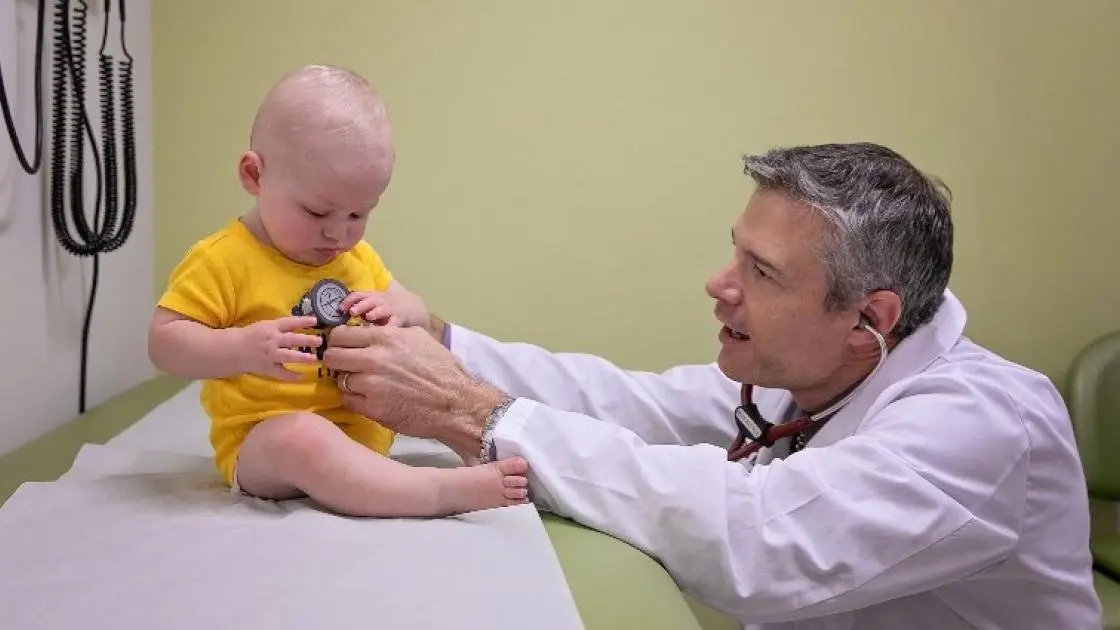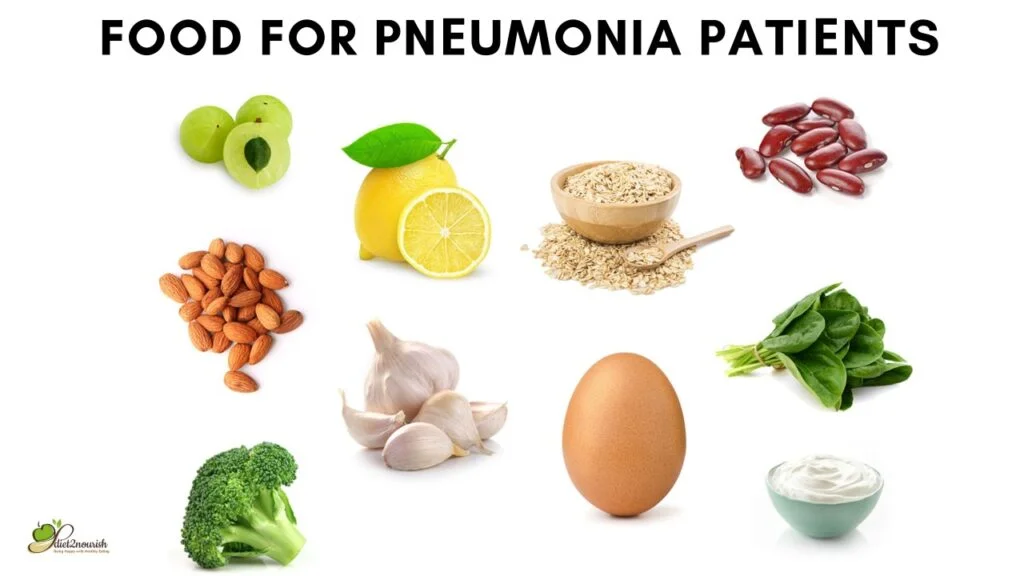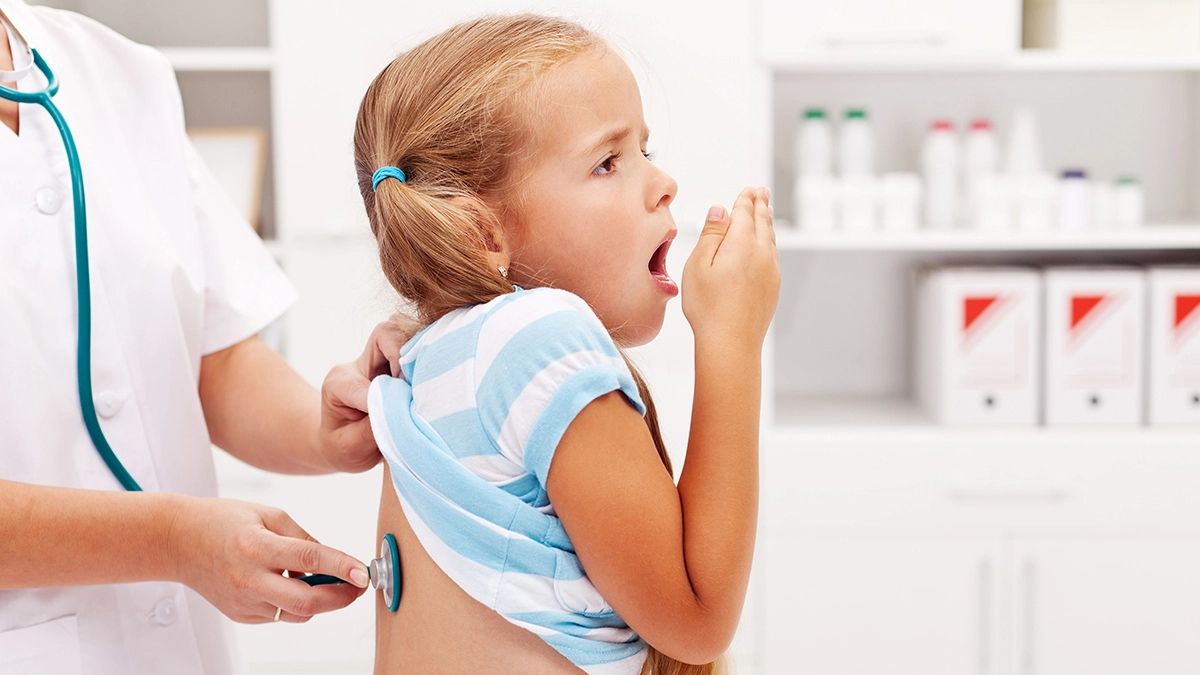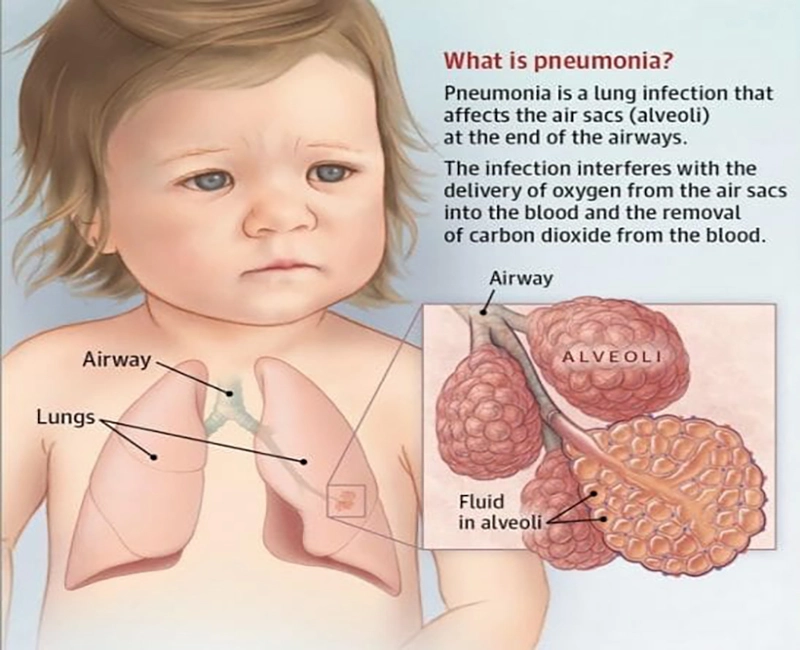1. How to care for children with pneumonia at home
Depending on the condition of pneumonia in your child, the doctor may prescribe hospitalization or home treatment.
When a child shows signs of pneumonia (cough with phlegm, fever, wheezing, tired breathing...) parents need to take the child to a medical facility for examination and should not arbitrarily buy antibiotics for the child to take.
Parents need to know and follow some ways to care for children with pneumonia at home below:
- Reduce fever in children: Apply warm compresses. If your child's fever is over 38.5 degrees, take medicine as prescribed by the doctor. Do not arbitrarily buy medicine for children to take.
- Patting a child's back helps the child excrete phlegm: Parents should pat the child's back gently to help blood circulate in the lungs, helping the phlegm in the bronchial tubes to loosen and be discharged more easily. Perform back patting before eating, or 2 hours after eating to avoid vomiting. Gently pat the left side and then the right side for about 3-5 minutes, do not pat the abdomen, sternum or spine.
- Instruct children to cough properly to help clear the airways and push secretions out of the lungs.
2. Hygiene and nutrition for children with pneumonia
Proper care for children with pneumonia at home will help support effective treatment. Parents need to ensure:
- Clean your nose and mouth by using a soft tissue to wipe away snot and drool. Do not reuse old towels to limit contamination and avoid re-invasion of bacteria
- Clean the house, toys, and children's utensils: Parents need to clean their hands when caring for and preparing food for children.
- The diet for children with pneumonia needs to be rich in nutrients, soft, easy to digest, and easy to swallow. Should be divided into many small meals and eaten several times a day so that children can easily absorb.
- You can use steamed kumquats with honey, steamed roses with sugar, ginger, and lemon for children with pneumonia to drink to reduce symptoms of the disease.
3. How to prevent pneumonia in children
To prevent children from getting pneumonia, parents need to apply the following specific preventive measures:
- Breastfeed your baby for at least the first 6 months, ensuring adequate and reasonable nutrition.
- Create a healthy living environment for children such as: no cigarette smoke, dust, pollution...
- Avoid exposing children to crowded public environments, especially sick people with signs such as sneezing, runny nose, sore throat, or cough. Actively wear masks for children, wash hands frequently...
- Have children vaccinated fully and on schedule.
- Early detection of respiratory diseases in children such as cough, fever, runny nose, difficulty breathing... and other disorders such as diarrhea, poor appetite, slow weight gain... for timely care and treatment. Don't be subjective with these signs because these are warning signs of pneumonia.
4. When should a child with pneumonia be taken to the hospital?
Children with pneumonia need to be hospitalized for timely examination and treatment if they have the following signs:
- There is chest concavity;
- Tired of breathing, flaring nostrils, pale;
- Wheezing or wheezing when lying still;
- Unable to drink, convulsions or drowsiness that is difficult to wake up.
- Pneumonia in children is a common but dangerous disease that can threaten a child's life if not properly diagnosed and treated, so early detection and timely treatment are very important.
At home, parents should also add some supporting foods containing lysine, essential micronutrients and vitamins such as zinc, chromium, selenium, B vitamins,... to help fully meet needs.
Nutritional needs while supporting the immune system, increasing resistance, reducing the risk of upper respiratory tract infections, pneumonia, bronchitis, flu,...
Maybe you are interested:

Sleep Serenity: Crafting a Safe Haven for Your Little Dreamer's Peaceful Nights

5 Exercises to Tone up After Weight Loss








